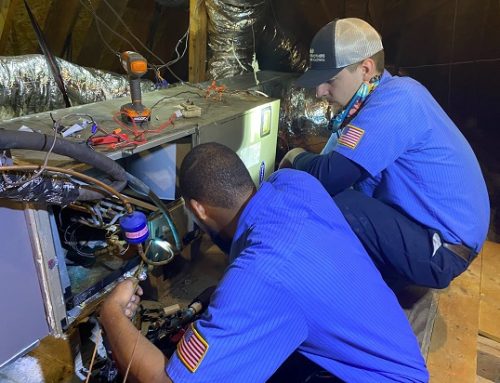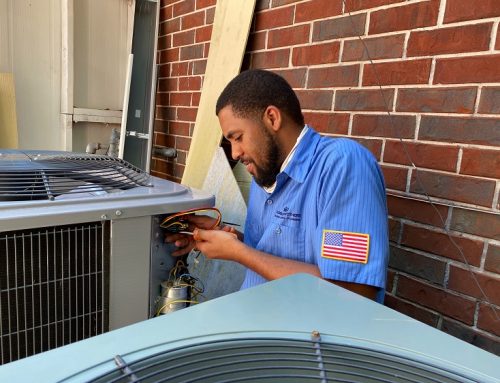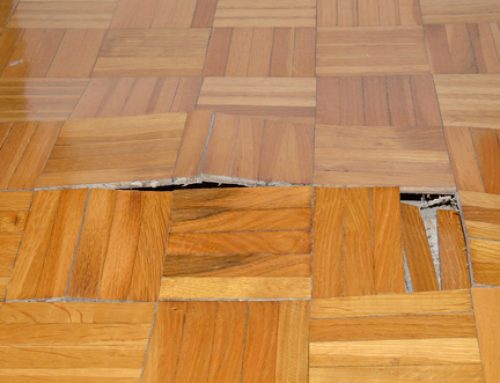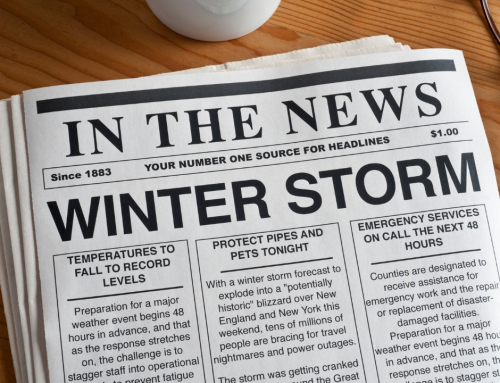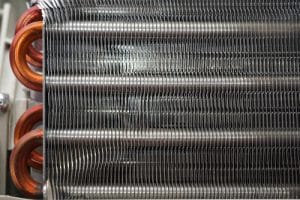 There are differences between a furnace and a heat pump, but only a furnace uses some kind of heat exchanger. A heat pump offers an alternative source of heat to areas of the country that don’t really need the full power of a furnace; heat pumps use electricity to move heat from a cool space to a warm space. Because they relocate warm air rather than generate warm air, heat pumps operate at one-quarter of the cost of a furnace.
There are differences between a furnace and a heat pump, but only a furnace uses some kind of heat exchanger. A heat pump offers an alternative source of heat to areas of the country that don’t really need the full power of a furnace; heat pumps use electricity to move heat from a cool space to a warm space. Because they relocate warm air rather than generate warm air, heat pumps operate at one-quarter of the cost of a furnace.
If you have more conventional equipment to heat and cool your home, you may have a furnace for heating and an air conditioner unit for cooling, or HVAC (heating, ventilation, air conditioning) equipment/unit. ASM of California recently explained how a heat exchanger works, and we thought we’d share that information with you.
What is a Heat Exchanger? How Does It Work?
The heat exchanger is one of the most important components of your furnace; it’s the part that heats your air. If you ordered a bowl of soup and it was too hot, you’d probably blow on it. Using some type of fuel (gas, propane, electricity), the heat exchanger creates and distributes heat much in the same way as you do when you blow the hot air across your soup. The heat exchanger blows the warmed air into your ductwork, and it is then distributed throughout your home or office.
The Importance of a Well-Maintained Furnace
If your heat exchanger is cracked or damaged, dangerous gasses can leak into your home or office, including invisible, odorless, and deadly carbon monoxide. This is the main reason we recommend regular (spring/fall) maintenance! Operational carbon monoxide detectors in your home are important, but professional heat exchanger inspection is critical to your family’s safety. During a HVAC tune-up, your Bradbury Brothers Heating & Air Conditioning professional will check:
- Air flow/gas pressure
- Amperage
- Burner/pilot light
- Flue
- Heat exchanger
- Voltage
Time for a Tune-Up?
Watch this interesting and informative YouTube video, How to Check the Heat Exchanger, which shows what to look for if you have an older gas furnace. Even better, let’s schedule an inspection of your HVAC system before you put your family at risk. Call 281.651.5484; there’s a Bradbury Brothers Heating & Air Conditioning professional in your neighborhood.
